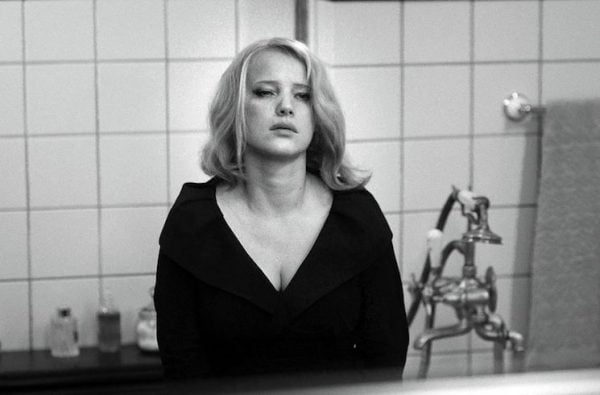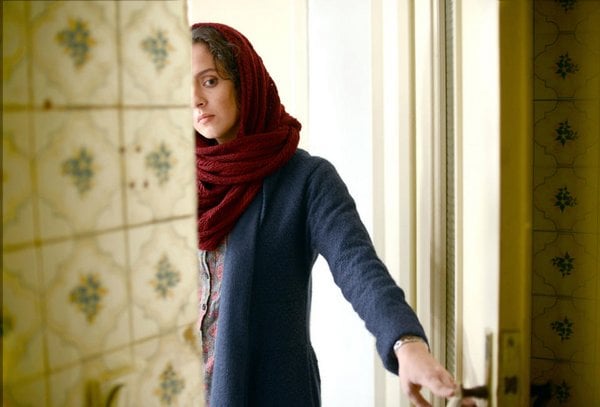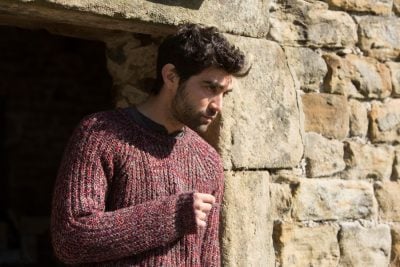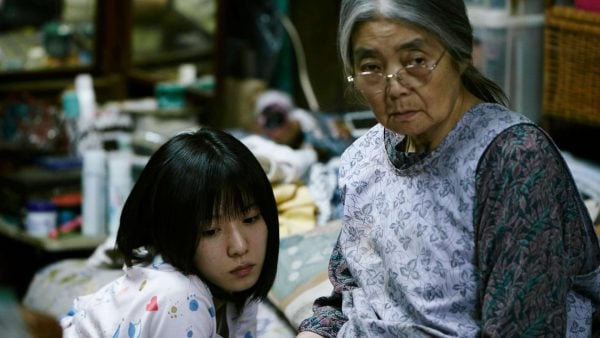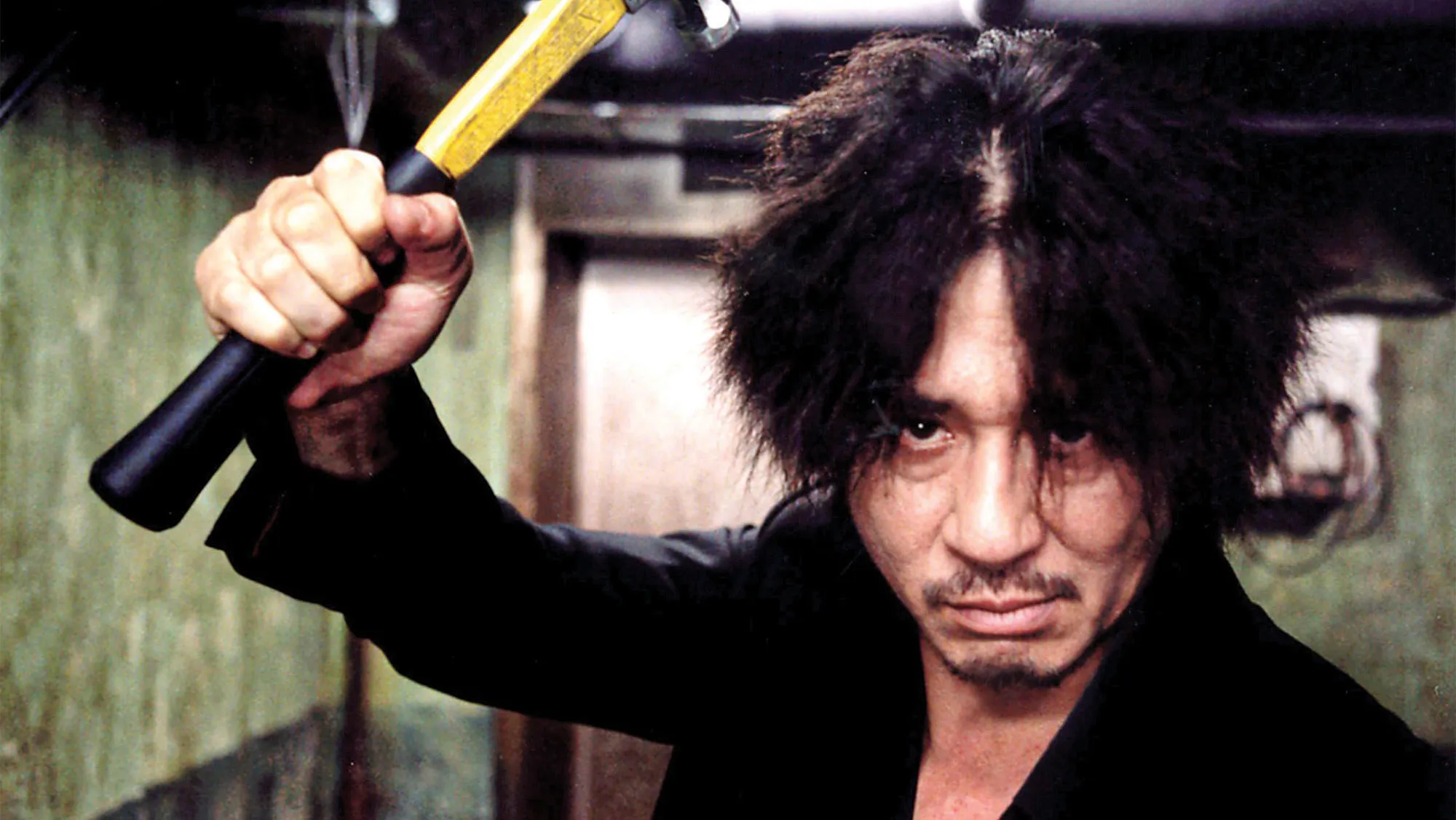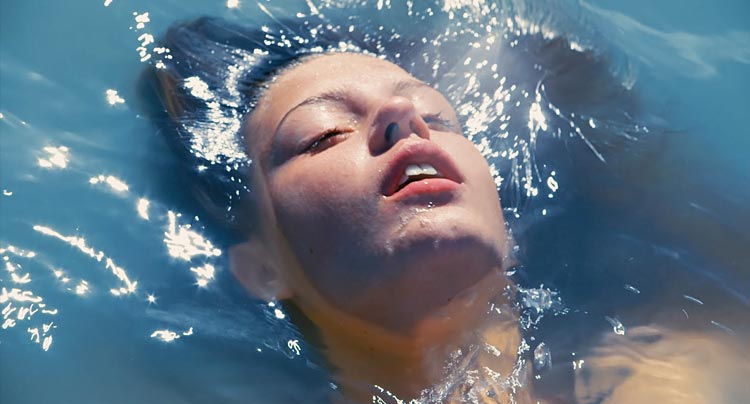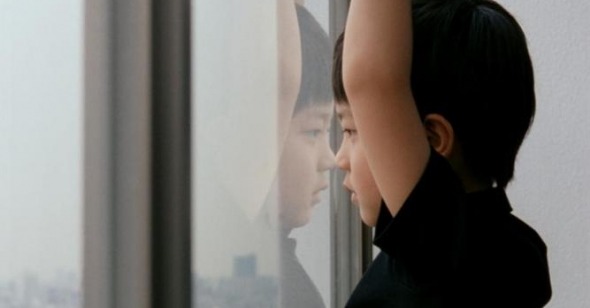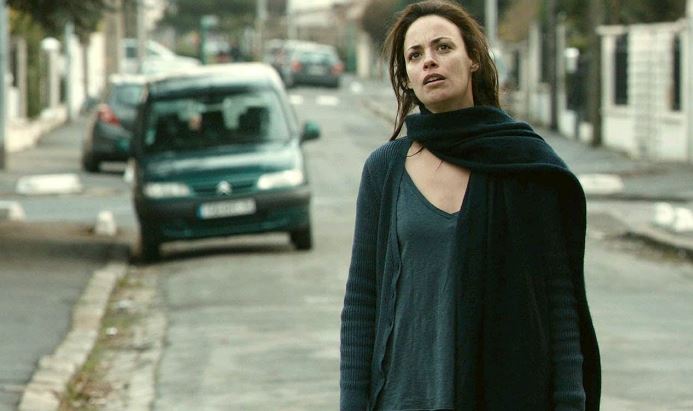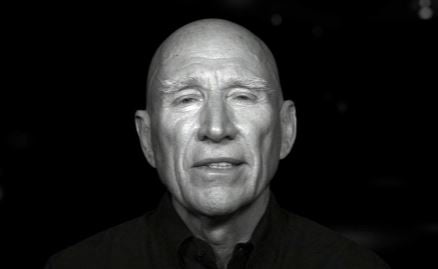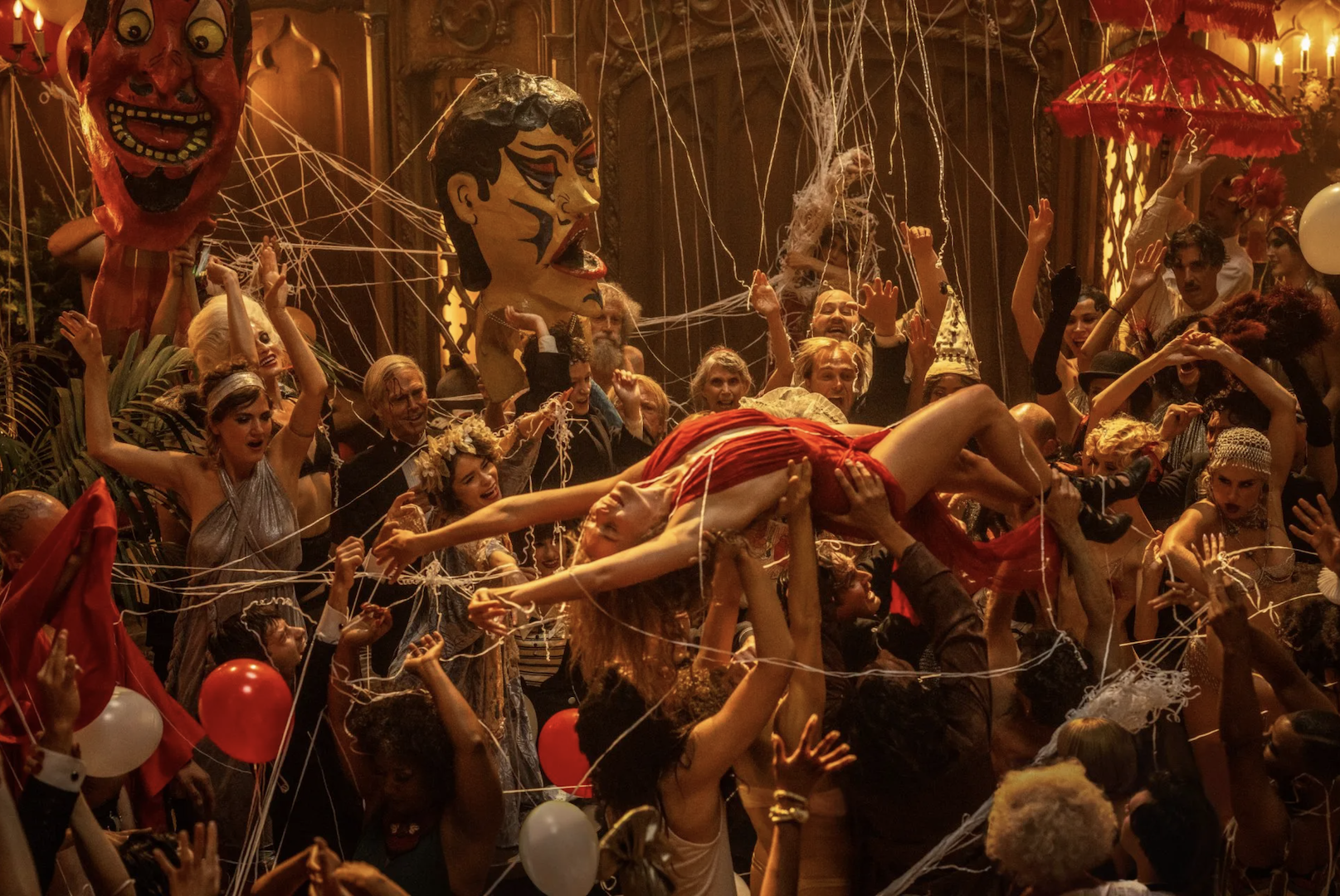
100 Best Movies on Curzon in the UK
March 26, 2025
Share:
Throughout the years, Curzon has made a name for itself as the ultimate theatre for arthouse cinema, and now that we’re in the streaming age, the same still holds true. It still gives movie lovers the chance to see festival darlings, auteur hits, experimental indies, and international films via its online video rental platform Curzon Home Cinema.
There are thousands of good movies there, especially since the selection is already heavily curated by a dedicated team of cinephiles. But we think we can further refine that number to the best hundred you’ll find on the platform. Below, we gathered the very best movies you can rent on Curzon right now.
Read also:
11. Cold War (2018)
Genres
Director
Actors
Moods
While barely 90 minutes long, Cold War is epic in scope and a modern testament to what cinema can be. Whether we are feasting our eyes on the decaying post-war landscape of Poland, the patinated streets of East Berlin, or the delicate magic of a historic Paris, Cold War offers its viewers meticulously staged black-and-white beauty, conceived by Polish wunderkind director Paweł Pawlikowski and his trusted cinematographer Łukasz Ża. Winner of a slew of prestigious awards, this is a film made for the silver screen, so we recommend leaving your iPhone on the table and getting your hands on the biggest screen you can muster for watching this. The plot is essentially about the obsessive attraction between musician Wiktor (Tomasz Kot) and the young singer Zula (Joanna Kulig), who is recruited as the newest member of the former’s state-sponsored folk music band. Cold War follows their impossible love for fourteen years and across many European countries on each side of the Iron Curtain. It is a statement on how far artists go for their art, especially when they become constrained not only by dictatorship but also love. A poetic, sexy, and gorgeous movie without a wasted moment. A work of art.
12. The Salesman (2016)
Genres
Director
Actors
Moods
Echoing Arthur Miller’s Death of a Salesmen, Oscar-winning writer-director Asghar Farhadi (A Separation, About Elly) tells the story of a loving middle-class couple who live in Tehran, Emad (Shahab Hosseini) and Rana (Taraneh Alidoosti), who are forced to move out of their apartment. After arriving at their new place, violence erupts, upending their life and straining their previously happy relationship. Farhadi does what he does best here, delivering simmering tension, complex realism, and unaltered emotion. Originally titled Forushande, every scene of The Salesman is a privileged look for Western viewers into Iran’s collective consciousness. And even with all that aside, the film still stands out as an extraordinary drama with a tense plot and outstanding performances across the board. Another incredible addition to Farhadi’s first-class filmography.
13. God’s Own Country (2017)
Genres
Director
Actors
Moods
You might call Francis Lee’s spellbinding debut a Call me By Your Name without the privilege and pretentiousness, and we think it’s a better movie because of it. God’s Own Country tells the story of Johnny Saxby (Josh O’Connor), a farmer’s son who is trapped working on the family farm, who dulls his frustration and misery with binging at the pub and aggressive sex with strange men—his true desire is not so much repressed by society’s rampant homophobia here, but by his family’s emotional callousness. When his strict and icy father suffers a stroke, things get worse for him still. Then, during lambing season, help arrives in the shape of watchful, radiant, and strikingly handsome Romanian seasonal worker, Gheorghe (Alec Secareanu), whose warmth of character and professional competence feels threatening to Johnny at first. But when they withdraw to the hills to repair a stone wall, Johnny’s aggression gives way to passion as Gheorghe helps him to feel, to love, and to see beauty in the country around him. God’s own country. A beautiful, stirring, and passionate debut!
14. Shoplifters (2018)
Genres
Director
Actors
Moods
The title of this 2018 Palme D’or winner is not to be taken metaphorically: Shoplifters is about a marginalized family of day workers, crooks, and small-time outlaws, who live on the fringes of Japanese society. Osamu (Lily Franky) and Nobuyo (Sakura Andô) both have jobs but spruce up their low-wage income by committing petty crimes. One day in winter, Osamu takes in a bruised girl he finds outside in the cold and introduces her to the family in his ramshackle house. But when the second-youngest member of the family, Shota (Kairi Jyo), finds himself teaching her how to shoplift, he faces a moral dilemma that threatens to unravel the family’s fabric. If you were hitherto unfamiliar with the unique storytelling and social realism of Hirokazu Koreeda, we really recommend checking it out—as well as his other movies, namely, Still Walking, Like Father, Like Son, I Wish, and After the Storm. His 2018 outing features the last ever performance of Kirin Kiki, who plays the elderly matriarch and passed away that same year. Like many of Koreeda’s works, Shoplifters is an understated, beautiful, and mysterious study of the effects of poverty and trauma and a delicate portrait of a family in Japan’s urban underbelly.
15. OldBoy (2003)
Genres
Director
Actors
From Korean director Park Chan-wook, who also brought you the far quieter The Handmaiden, comes a movie that is positively terrifying. Its premise alone is enough for any sentient human being to shudder. On his daughter’s birthday, the good-for-nothing Oh Dae-su (played by Choic Min-sik) gets drunk and is arrested by the police. A friend eventually bails him out and, while he is making a phone call, Oh Dae-su disappears. Not knowing why, he is held in the same room for 15 years for no apparent reason. Until, one day, he is released. That’s all that can be revealed about this winner of the Grand Jury Prize at Cannes in 2004 without giving away too much. All we can add here is the way we recommend Oldboy to people admitting to not having seen it yet: “Watch Oldboy. You’re welcome. We’re sorry.” A crazy, twisted film that goes to extremes. A cult classic and a statement.
16. Blue Is the Warmest Color (2013)
Genres
Director
Actors
Moods
More simply called La Vie d’Adèle in its native language, this French coming-of-age movie was hugely successful when it came out and was probably one of the most talked-about films of the time. On the one hand, the usual puritans came to the fore, criticizing the lengthy and graphic sex scenes. On the other hand, Julie Maroh, who wrote the source material that inspired the script, denounced Franco-Tunisian filmmaker Abdellatif Kechiche for directing with his d*ck, if you don’t mind me saying so, while also being an on-set tyrant. Whatever you make of this in hindsight, the only way to know is to watch this powerfully acted drama about the titular Adèle (Adèle Exarchopoulos), and her infatuation with Emma, a free-spirited girl with blue hair, played by Léa Seydoux. The film beautifully and realistically portrays Adele’s evolution from a teenage high-school girl to a grown, confident woman. As their relationship matures, so does Adèle, and she slowly begins to outgrow her sexual and philosophical mentor. Whatever your final verdict on the controversial sex scene, Blue Is the Warmest Color is without doubt an outstanding film as are the performances from Exarchopoulos and Séydoux.
17. What Maisie Knew (2012)
Genres
Director
Actors
Moods
From the producers of The Kids Are Alright comes another excellent family drama starring Juliane Moore. She plays a hot-headed rock singer who battles her divorced husband, a narcissistic art dealer, expertly played by the unlikely Steeve Coogan, for custody of her daughter Maisie. When one of them marries the girl’s nanny, the other rushes into marriage as well. Based on Henry James’ titular novel from 1897, it tells the story of a quiet, sensitive young girl coping with being used as a pawn by egotistical parents who spite each other. It is sometimes hard to watch the girl get caught up in all this but the young actress playing Maisie, Onata Aprile, plays the part brilliantly. The screenplay adaption of the ahead-of-its-time material of the book by Nancy Doyne and Carroll Cartwright also hits every note with passion. A harrowing but powerful film.
18. Like Father, Like Son (2013)
Genres
Director
Actors
Moods
Koreeda’s troubled childhood often serves as the inspiration for his poignant Japanese dramas that deal with loss, the meaning of being a child, and of being parent. In Like Father, Like Son, Ryota Nonomiya (Masaharu Fukuyama), a hard-working architect, who is married to his work, comes home from work. He receives a call from the hospital where his son Keita was born and learns that he was switched at birth with their biological son Ryūsei. His wife and him are not only faced with the prospect of having to switch the two six-year-olds back, but also with the rickety family his ‘real’ son grew up in—and his aversion to what they stand for. But who is real and who isn’t? Must they be switched back? The age-old question of nature vs. nurture and the relationship of love and biology is at the heart of the parent’s struggle. As always with Koreeda’s works, the result is soft-spoken, sensitive, and symphonically directed. Winner of the Jury Prize at Cannes.
19. The Past (2013)
Genres
Director
Actors
Moods
A Good Movie to Watch features almost every work of Asghar Farhadi for the sole reason that his films, although highly acclaimed and brilliant, are criminally under-watched. As always, Farhadi offers complex, compelling, and contemporary drama and piercing insight into human relationships and emotions. Expect the twists, subtleties, and emotional limbo that you’re probably familiar with from A Separation or About Elly. That said, The Past is a bit different, because, for one, it focuses on romantic relationships, and, secondly, it plays in the far more permissive world of a Parisian suburb – and not in theocratic Teheran. Independent of its location, The Past’s key subject is the universally human phenomenon of having to deal with the choices made in the past. In addition to Farhadi’s intricate directing and the sensitive script, it is imperative to mention the powerful performances by Ali Mosaffa, Tahar Rahim, and, above all, Bérénice Bejo. An unforgettable experience.
20. The Salt of the Earth (2014)
Genres
Director
Actors
Moods
Co-directed and narrated by legendary German director Wim Wenders in collaboration with Salgado’s son, Juliano, this unique film tells Sebastião Salgado’s life story from his childhood in Northern Brazil, his early career as an economist, and how he shifted towards photography to become a world-renowned photojournalist. Shot in stunning black and white by Juliano Salgado and Hugo Barbier, The Salt of the Earth is a mesmerizing exhibition of one man’s lifelong dedication to capture the suffering of humanity and of nature. Most famously, the nightmarish images of the teeming workers of Serra Pelada, a Brazilian mountain gold mine. While creating these images raises some ethical questions that Salgado was confronted with throughout his career, it is an utterly enthralling experience, upsetting at times in its frank display of war, death, and devastation. Ultimately, however, Salgado’s elegance and kindness pull us back in and what we see is truth, awareness, and beauty.
Read also:
Comments
Add a comment
Ready to cut the cord?
Here are the 12 cheapest Live TV streaming services for cord-cutting.
More lists
Lists on how to save money by cutting the cord.
Curated by humans, not algorithms.
© 2025 A Good Movie to Watch. Altona Studio, LLC, all rights reserved.
